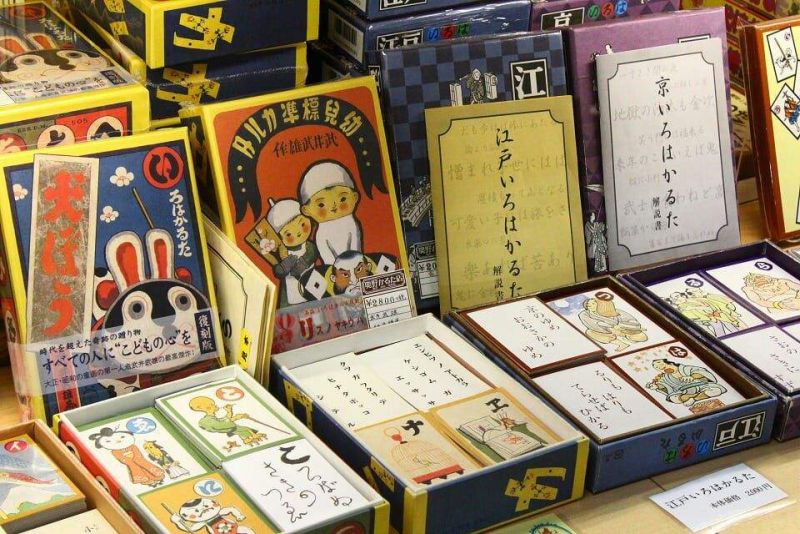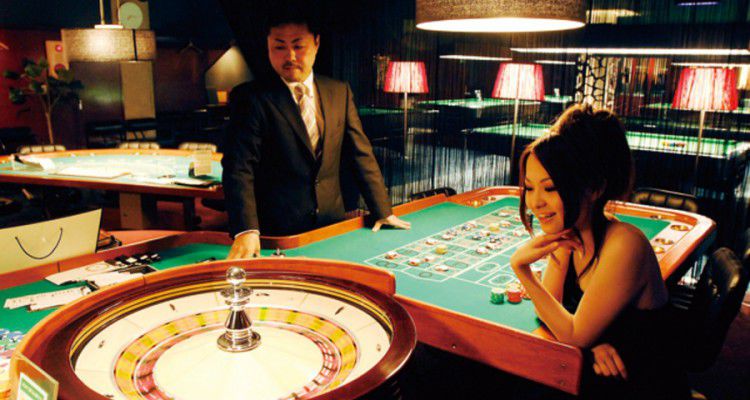It is known that gambling in Japan is prohibited at the state level. There is a corresponding article in the criminal code. But at the same time, in the Land of the Rising Sun, you can play on several types of bets (mainly sports bets) and take part in lotteries. Such gambling in Japan is officially considered legal, because it brings money directly to the state treasury and is strictly supervised by various government agencies, falling under the jurisdiction of special laws.
The owners of gambling establishments use such a loophole: instead of money, winnings are given out with valuable prizes, which can then be sold to the same establishment and left with cash.

Legal gambling in Japanese is Koei kyogi (public sport)
There are several main varieties of Koei kyogi. Among them: horse races – keiba, motor boat races – kyotei, bicycle races – keirin, motorcycle races and the like. Gambling sports betting is something the Japanese can entertain themselves with without violating the laws of their country. All rates are controlled by local authorized organizations from the state. Interestingly, up to 80% of the total profit from sports ticket sales and betting is just the amount of profit from betting.
Pachinko is a game played on a slot machine, the so-called slot, which looks like a vertical pinball. As an exception, pachinko are not officially classified as gambling. Probably the Japanese did it for cultural or historical reasons. Pachinko arcades operated by private organizations are spread throughout Japan, and more than half of the local population and tourists become visitors to the halls every day.
Even in ancient Japan, when the laws were especially severe, the authorities made a curious exception for entertainment that was then prohibited. This affected the gambling games that were popular in those days – shogi and go.
The thing is that for samurai gambling was under the strictest ban. Moreover, this was only one of the many restrictions due to which the samurai spirit was brought up in the warriors. Japanese card games were also banned, including the ancient literary and intellectual card game karuta and all its varieties. (Later, the traditional Japanese mahjong riichi temporarily suffered the same fate.)
Shogi and go, on the other hand, were revered and popular among the samurai.
There were even special competitions. Also among the masters there were special positions – shogi-dokoro and go-dokoro. They taught the samurai these games, and also determined champions among them.
It turns out that shogi and go perfectly trained the thinking of warriors, developed the ability to build strategic and tactical plans, like chess and checkers. Such invaluable benefits for the formation of the personality of a real samurai came to the fore, and the authorities succumbed to strict laws in favor of rationality. Shogi and Go are still played today. In addition, virtual versions of these games have appeared, popular both among residents of Japan and in other countries.

Nowadays, fortune lottery tickets – takarakuji (takarakuji) are usually sold in small shops in large cities where the lottery is held. Lotteries are held on certain days. New Year’s lottery tickets are sold exclusively at Mizuho Bank. They are then distributed by resellers. Jumbo Nenmatsu Takarakuji (takarakuji) is not the only type of lottery. But here the top prize could be ten million yen or more. However, according to the law, 50% of the profits from such lotteries must be sent to charity and to the state treasury. Japanese lotteries can be of several types. These are mainly numbered, digital, number variations and traditional card games. The price of each ticket ranges from 100 to 500 yen.
Pachinko is a game played on a slot machine, the so-called slot, which looks like a vertical pinball. As an exception, pachinko are not officially classified as gambling. Probably the Japanese did it for cultural or historical reasons. Pachinko arcades operated by private organizations are spread throughout Japan, and more than half of the local population and tourists become visitors to the halls every day.
